TravelSmart Update

By Melanie Stewart
We know the Emergency Ride Home is an important resource to have at your disposal as you use TravelSmart. As such, we expect exemplary service from our provider, but did not feel that this was provided. Happy Cab and the fleet of cabs they manage will now provide this service. The rules for using the Emergency Ride Home will stay the same, though the process for requesting a ride has changed slightly. Full details are provided on our Emergency Ride Home page.
Please note, you will now be asked to provide an account number. This account number is 5 characters long; 9044_ and the last character will be the first initial of your last name. So, if your name is Jane Doe, the “D” in Doe will be the last character in the account number 9044D. If your name is Bob Smith, the last character will be an “S”: 9044S.
If you prefer not to call, you can use Happy Cab’s web booker or their free smartphone app. The same information will be entered, including the process for the account number. Using either device allows real time tracking of your car so you know exactly when you need to be to your pickup spot.
Speaking of pickup spots, the instructions for requesting a ride now include a map of available pickup locations on campus. These locations have a safe place for the car to stop and for you to get in. All locations come with a GPS-correct address to get the car to that exact location.
New this week: bike rack installations! Our new bike racks are finally here and will be installed in 3 locations: the east side of the Admin building, by the north door of Annex 14/Brown building, and inside the southeast corner of the North Doctor’s tower parking garage; next to the circle drive. The bicycle map has been updated to include these locations, as well as the new bike racks installed at the Fred and Pamela Buffett Cancer Center and Lauritzen Outpatient Center.
Finally, if you use Daily Rate Flex Parking, make sure you check your license plate. All Nebraska residents will be getting a new license plate that needs to be updated so you do not get a ticket. Park Omaha allows you to register multiple cars should you change what you drive to campus.
Safe and Sustainable 4th of July

By Melanie Stewart
photo credit: freeimages.com/ClaudiaMeyer
Before somebody accuses me of being a buzzkill, I like fireworks; they never fail to impress me. But they do come with risks. LiveGreen wants you to be safe and sustainable on your holiday; please note the simple tips below.
When it comes to fireworks, leave it to the pros, there are many good shows to watch on multiple days in the metro area. You stay safe and save money.
If you are going to light fireworks at your home, follow these safety tips to reduce your family’s chance of being injured or starting an unintentional fire. Don’t forget to take special care of your pets!
Fireworks contain a variety of toxins and pollutants that can affect you and the environment around us, especially when they make their way to waterways. The compounds in fireworks and their smoke cause cancer, nervous system damage, kidney failure, lung diseases, and skin diseases. Some risks are immediate, especially for asthmatics and people with chronic lung diseases, while others show up over time. The same risks apply to wildlife with aquatic animals being affected more quickly.
To protect yourself, your property and ensure our waterways and local ecosystems are not damaged, properly dispose of all fireworks and never allow them to enter storm drains. Follow Keep Omaha Beautiful’s simple steps.
If you have left over fireworks, don’t forget the Omaha Police Department’s Firework Amnesty Day, usually held the following weekend.
To make the rest of your holiday festivities sustainable, check out these easy tips:
- Buy in food and supplies bulk; don’t forget your reusable shopping bags
- Don’t buy bottled water or individually canned/bottled beverages. Buy and serve in larger containers in reusable cups….and plates/utensils.
- Provide recycling containers for guests.
- Decorate with what you have; don’t buy new. Be creative!
- Leaving home?
- Turn down your thermostat and turn off lights to save energy and money
- Use public transportation and/or carpool to get to your destination
- Eat less meat and more vegetables.
- If you are grilling, electric or propane grills are better than charcoal. If you must use charcoal, but a brand that uses invasive tree species and forego lighter fluid for a chemical free starter.
- For extra bonus points encourage local officials to use biodegradable and gunpowder-free (smoke-free) fireworks, launched with compressed air (it’s what Disney does!)
Safe and Sustainable 4th of July

by Melanie Stewart
photo credit: freeimages.com/ClaudiaMeyer
Before somebody accuses me of being a buzzkill, I like fireworks; they never fail to impress me. But they do come with risks. LiveGreen wants you to be safe and sustainable on your holiday; please note the simple tips below.
When it comes to fireworks, leave it to the pros, there are many good shows to watch on multiple days in the metro area. You stay safe and save money.
If you are going to light fireworks at your home, follow these safety tips to reduce your family’s chance of being injured or starting an unintentional fire. Don’t forget to take special care of your pets!
Fireworks contain a variety of toxins and pollutants that can affect you and the environment around us, especially when they make their way to waterways. The compounds in fireworks and their smoke cause cancer, nervous system damage, kidney failure, lung diseases, and skin diseases. Some risks are immediate, especially for asthmatics and people with chronic lung diseases, while others show up over time. The same risks apply to wildlife with aquatic animals being affected more quickly.
To protect yourself, your property and ensure our waterways and local ecosystems are not damaged, properly dispose of all fireworks and never allow them to enter storm drains. Follow Keep Omaha Beautiful’s simple steps.
If you have left over fireworks, don’t forget the Omaha Police Department’s Firework Amnesty Day, usually held the following weekend.
To make the rest of your holiday festivities sustainable, check out these easy tips:
- Buy in food and supplies bulk; don’t forget your reusable shopping bags
- Don’t buy bottled water or individually canned/bottled beverages. Buy and serve in larger containers in reusable cups….and plates/utensils.
- Provide recycling containers for guests.
- Decorate with what you have; don’t buy new. Be creative!
- Leaving home?
- Turn down your thermostat and turn off lights to save energy and money
- Use public transportation and/or carpool to get to your destination
- Eat less meat and more vegetables.
- If you are grilling, electric or propane grills are better than charcoal. If you must use charcoal, but a brand that uses invasive tree species and forego lighter fluid for a chemical free starter.
- For extra bonus points encourage local officials to use biodegradable and gunpowder-free (smoke-free) fireworks, launched with compressed air (it’s what Disney does!)
Are You on the Move?
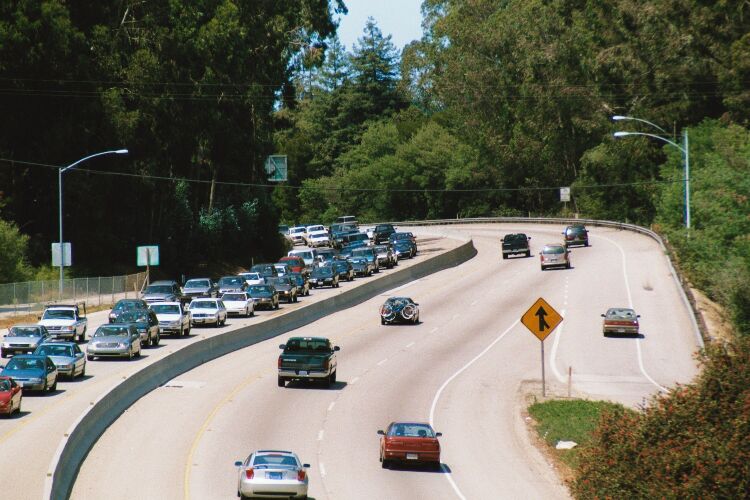
By Melanie Stewart
photo: freeimages.com/John Pilge
Have you taken the Med Center on the Move challenge? Med Center on the Move is a campaign encouraging Med Center employees/students to try taking an active mode of transportation for one of their commutes each week.
That’s it, just one trip per week! You pick the day and the mode that works for you.
Whether it’s walking, taking the bus, biking, carpooling or a combination of modes, active transportation helps keep you healthier AND cuts down on greenhouse gas emissions. This campaign aligns with the City of Omaha’s Midtown on the Move, an active transportation campaign for all of Midtown.
Using any of the 4 modes will save you money, allow you to fit exercise into your day and reduce pollution and traffic congestion in Omaha.
In addition to those benefits, if you sign up for TravelSmart* before July 1st you’ll have a chance to win a free bike tune-up at Ponderosa Cycles, a gym/travel bag, a Camelbak water bottle, a walk/bike safety light, a drawstring backpack, or a hot/cold beverage tumbler!
If you’re already a TravelSmartie, refer a coworker for a chance to win a 20-minute massage from the Wellness Center, walk/bike safety light, or zippered padfolio! Make sure they give us your name while signing up.
*We encourage any employee or student to use active transportation. However, please note that only employees and students at the 42nd and Dewey campus are currently eligible for TravelSmart.
Did you know? TravelSmart offers….
- FREE parking for carpoolers (in your same lot!)
- FREE bus passes
- FREE indoor bike parking, shower, and locker access for cyclists and walkers
- FREE emergency ride home if needed
- FREE carpool matchingif you need help finding a carpool partner, and
- Convenient $3 daily-rate flexible parking.
Please note that you do NOT have to give up your current parking permit, nor do you need to use active transportation every day to participate in TravelSmart or see the financial benefits.
If you are interested in active commuting but don’t think it will work for you, contact me. I will be happy to help you with trip planning. We have 1,600 people signed up for TravelSmart so far, so we know that moms and dad with kids, students and people with inconsistent schedules, and business professionals can all use TravelSmart.
It doesn’t have to work for you every day; even 1 day a week, can have a significant impact.
Energy Curtailment
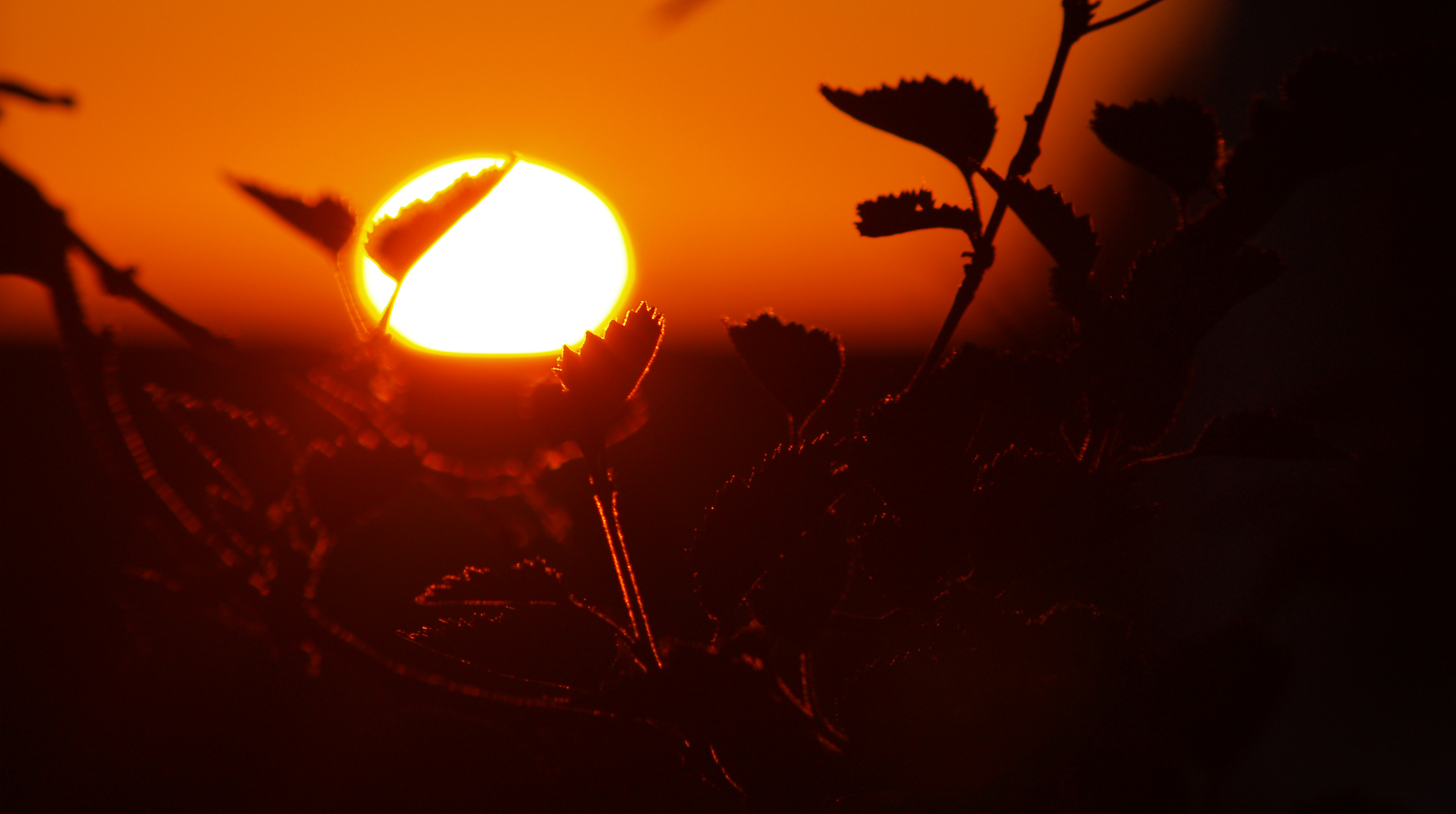
By Melanie Stewart
Though summer hasn’t officially arrived, the heat and humidity have, which means we are in energy curtailment.
That heat and humidity puts extra stress on our systems as these curtailment days are our highest energy-users. Energy curtailment allows us to control our maximum energy demand or “peak”. If we can reduce energy where it isn’t needed, we ensure that everything that needs energy is getting it. Lower energy means lower emissions, better air quality, and better health for our community–our mission. It also saves us money as our utility rates are based on peak use. The maximum of energy we use at any given time determines the rate we pay for the entire next year. I can think of many other things to spend money on, can’t you?
Energy Curtailment can be confusing though. Many have asked, “If we’re saving energy, why is my office so dang cold? Aren’t we wasting energy by keeping spaces cold when it’s so hot?” That’s true of your home, where the system adds cool air and then turns off, waits for the temp to rise, and then adds cooling again.
However, patient care and research spaces require a constant rate of air flow. In buildings with these activities, we combine both heated and chilled air, regulating temperature the way we adjust the water in a shower – adding both hot and cold to create a comfortable temperature. During curtailment, we decrease the amount of heated air we produce, because creating heat when it’s already hot it is a waste of energy. This means some spaces will feel cold. See our website for further explanation.
We need your help! When the outside temperature becomes unbearable, we’ll ask you to help ease the energy load:
- close shades, blinds and curtains whenever possible to reduce solar heat gain;
- lower lighting levels where possible, turn off lights in unoccupied areas and when leaving a room;
- turn off and unplug all electrical equipment not in use (computers, coffee makers, printers, chargers, etc.);
- shut fume hood sashes when not in use; and
- open doors manually instead of using the ADA buttons.
These easy steps combine to have a huge impact, on the hot days and for the year ahead.
If improving health, reducing pollution, and saving money aren’t enough incentives; how would you like the option of pie-ing one of your favorite campus leaders? Stay tuned for more details!
Little Steps Big Impact
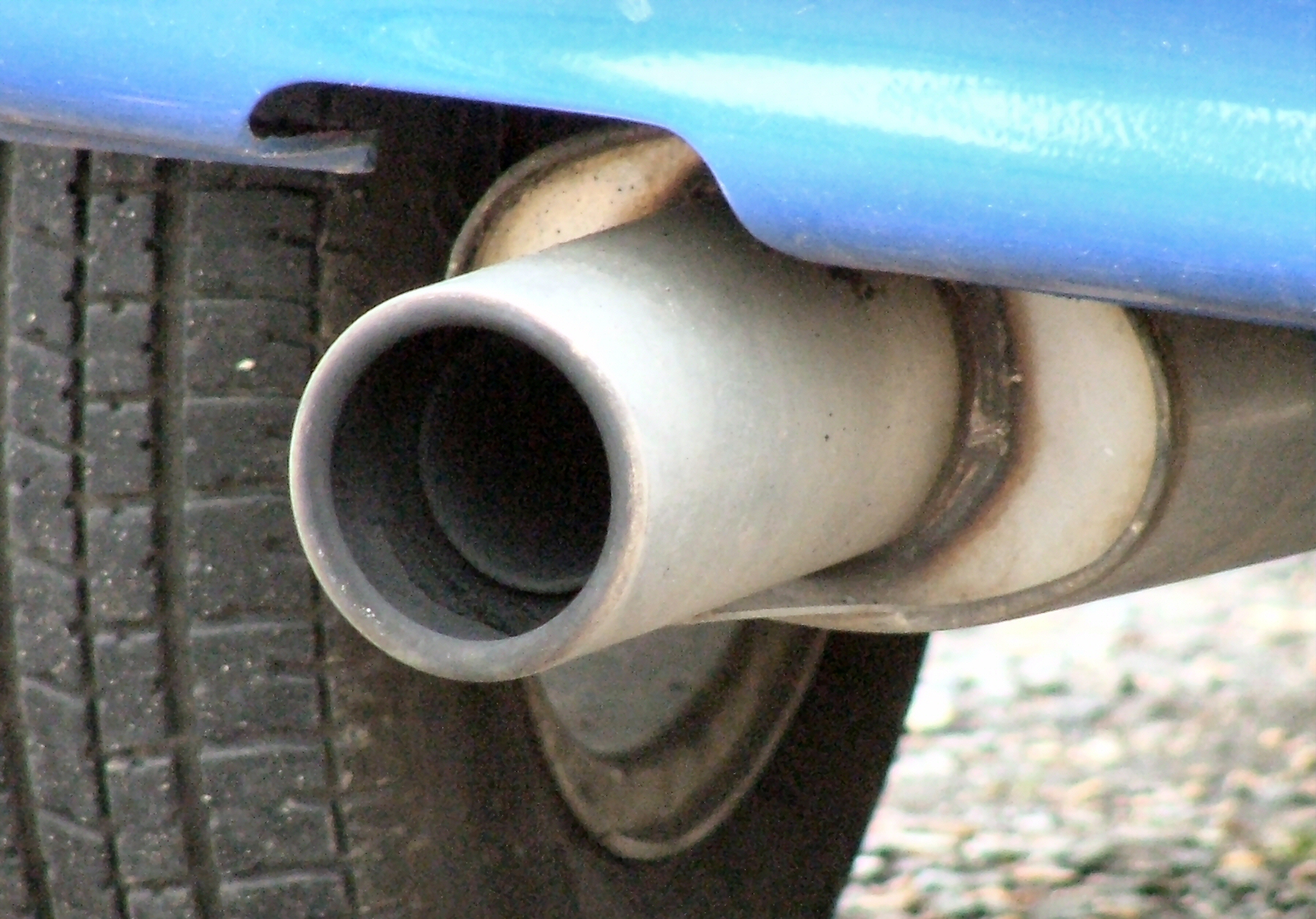
By Melanie Stewart
You usually can’t see it, but the Omaha-Council Bluffs metro area has a problem with air quality, especially during the warmer spring and summer months. It is ground-level ozone. When working, playing, or exercising outside, the quality of the air we breathe affects the health of our families, which affects the strength of our businesses, and future economic development.
Ozone located six miles up in the second layer of the atmosphere helps protect us from harmful UV rays. Ozone at ground-level is a pollutant that damages our health, especially for people who already have heart and lung conditions. Ground-level ozone forms when nitrogen oxides from fuel combustion combine with volatile organic compounds, such as fumes from gas and other solvents, and “cook” in the summer heat. Vehicle emissions are one of the leading creators of ground-level ozone.
Ground level ozone can cause a variety of health problems, but tends to affect children, the elderly, people who work or spend large quantities of time outdoors, and anyone with a lung ailment, especially asthma. Ground level ozone also has negative health effects on pets and can damage plants and ecosystems.
On October 1, 2015, the Environmental Protection Agency (EPA) issued new air quality standards and tightened the ozone standard.
On an average hot day, the Omaha-Council Bluffs metropolitan area is close to exceeding this new standard for ground-level ozone. If the metro area air quality falls below federal standards, known as being in “non-attainment,” it will result in stricter pollution controls including increased car ownership costs, vehicle inspections, more industry regulation and increased paperwork and reporting for businesses.
The Metropolitan Area Planning Agency (MAPA) runs the Little Steps Big Impact campaign that aims to raise awareness about the ozone problem through education.
Just because you can’t see ground-level ozone doesn’t mean it isn’t there.
By considering the consequences and taking small steps, together we will make a big difference in air quality. This means having a real impact on adult and child respiratory issues, which can reduce health costs.
One of the easiest ways to help is to sign up for TravelSmart! It’s free, we provide a free emergency ride home, you can keep your parking permit if you want, there’s no minimum use requirement, and if you sign up in June, you can win prizes!
“Little Steps” you can take that can have a “Big Impact”:
. You don’t have to give up your usual mode of transportation entirely. Drive smarter. Combine errands; carpool to social events. Only drive when you have to. Consider using alternative transportation by taking the bus, biking, or walking instead of driving by yourself in your car. This is all free with TravelSmart!
. When refueling your vehicle, don’t fill up your tank past the click. Do refuel during the cooler parts of the day so fumes can disperse overnight.
. Choose cleaner-burning renewable biofuels like ethanol and biodiesel. All vehicles can use E10. FlexFuel vehicles can use E10, E15, E30 and E85.
. Avoid idling your vehicle. Even 30 seconds uses more fuel than stopping and starting the engine. Turn the car off when waiting to pick up kids, and go inside instead of using drive-throughs (it’s usually faster anyway!)
. Go electric or manual with mowers, leaf blowers and trimmers if possible or use gas-powered lawn equipment during the cooler parts of the day. Gas-powered mowers release as much as 25% unburned gasoline in the air.
. Keep lids tight on paints and solvents.
Go Play Outside
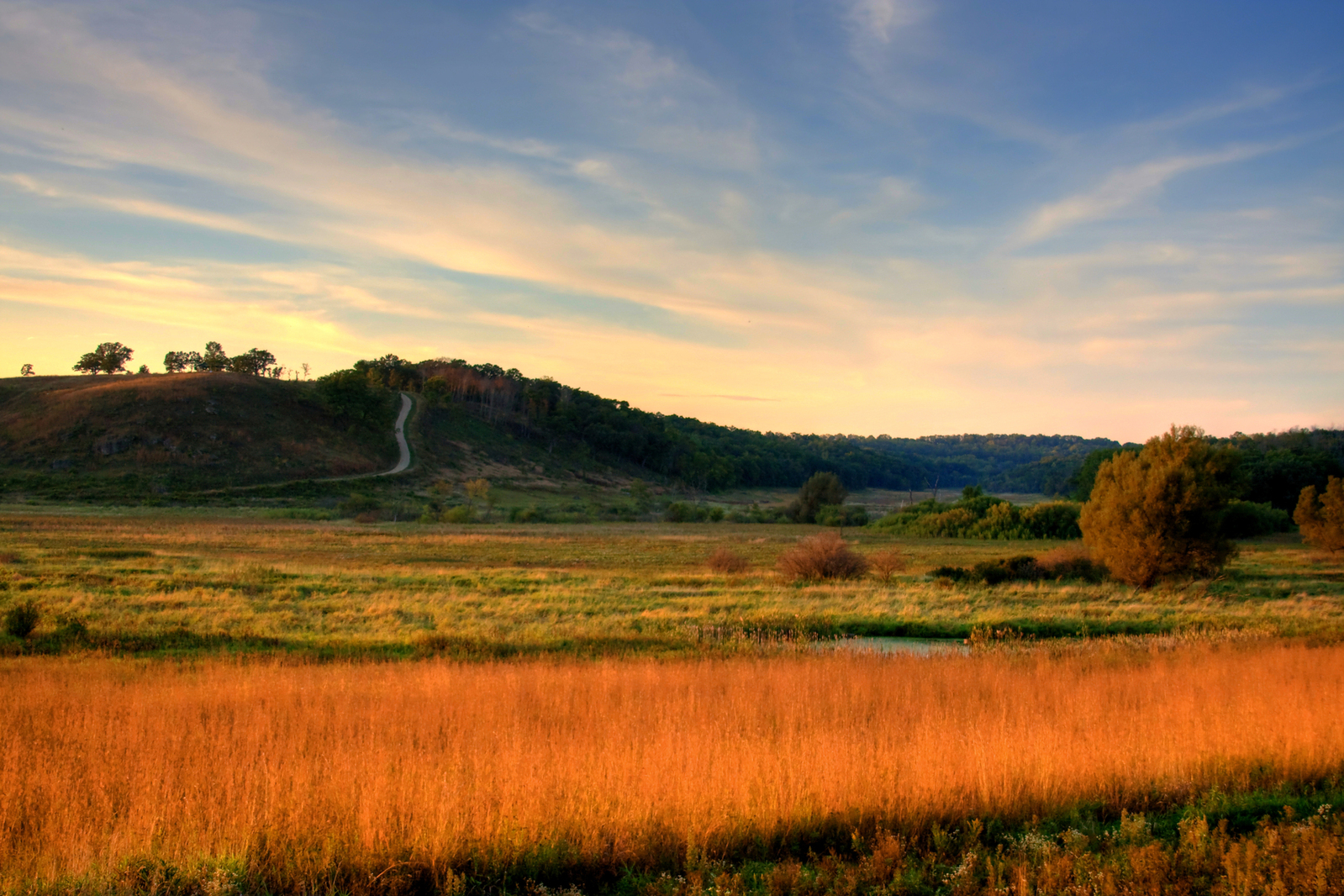
by Melanie Stewart
photo credit: freeimages.com/BrainLary
Memorial Day celebrations are wrapping up, signaling the unofficial beginning of summer! That means school is out and now the fun challenge of keeping kids occupied (without a screen) is here. Did you know that spending time in nature is great for kids and adults and can improve health? There are lots of inexpensive ways to spend time outside whether you are a seasoned naturalist or a newbie, and you don’t even have to leave the area.
Most of you are probably aware of options like the Henry Doorly Zoo and Lauritzen Botanical Gardens, but LiveGreen would like you to know there are LOTS of options in and around this area: hiking, biking, fishing, bird watching, trains, camping, relaxing, there’s something for everyone. Everything below is linked to easily allow you to find details and make plans for your weekends or staycations (and some have day camps for kids and teens):
- Fontenelle Forest
- Two Rivers State Recreation Area
- Chalco Hills & Wehrspann Lake
- Mahoney State Park
- Hitchcock Nature Center
- Neale Woods – which includes the Millard Observatory
- Heron Haven
- Boyer-Chute National Wildlife Refuge
- Loess Hills State Forest –did you know that Loess is a soil found in only two places on earth?
- Ponca State Park
- Kramper Lake at Danish Alps
- Omaha City Trails
- Prairie View Recreation Area
- DeSoto Bend National Wildlife Refuge
- Gifford State Forest
- Blackbird Marsh County Preserve
- Fremont State Recreation Area
- City of Omaha Parks (lists all parks, locations, and amenities)
- Schramm Park State Recreation Area and Ak-Sar-Ben Aquarium
- Platte River State Park
- Prairie Queen Recreation Area
- Fort Atkinson State Historical Park
- Lake Manawa State Park
- Douglas County Parks with access to rivers
- Lee G. Simmons Conservation Park and Wildlife Safari (Check out the calendar so you can time your visit to see enrichment activities for the Wolves and Bear. Go in the summer but make sure you come back in the fall to hear the elk “bugle”, it’s an experience you won’t forget!)
- Nebraska Game and Parks
Have fun and enjoy your summer!
P.S. Know of something we forgot? Feel free to share it in the comments below!
Challenge Accepted?
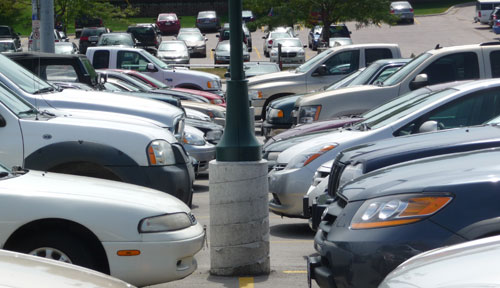
Tis the season to get outside and get moving, so why not earn some prizes along the way?
We know you’ve heard of Med Center on the Move; a campaign this spring to encourage Med Center employees to pick an active mode of transportation for one of their commutes each week. Just one trip per week! You pick the day and the mode that works for you.
Whether it’s walking, taking the bus, biking, carpooling or a combination of them, active transportation helps keep you healthier AND cuts down on greenhouse gas emissions. Did I mention you can earn prizes by participating? Or prizes for encouraging others to participate? Click here for full details.
You can also take part in Nebraska’s Sesquicentennial celebration by participating in the NE 150 Challenge. Join UNMC’s team or form your own to challenge others and qualify for special prizes. Click here for details.
While you’re at it, sign up for the Live Well Omaha Commuter Challenge. It occurs in conjunction with the National Bike Challenge and encourages all of us to use active transportation. Sign up for the Omaha Commuter Challenge here and log bus, bike, walking, and carpooling trips. Oh, did I mention you can win prizes here too?
Participate in the National Bike Challenge. Signing up is free, (indicate your team as Omaha VeloCity and your employer as Nebraska Medical Center), it allows you to track your cycling miles whether for transportation or recreation, can promote improvements to cycling infrastructure in our community, and you can win prizes. Are you sensing a theme here?
Omaha VeloCity began in 2014 to compete with other mega-teams created in other cities across the country. Omaha VeloCity finished #2 in the nation in 2014, #5 in 2015, and was back to #2 in 2016. Jack Mayfield, an avid cyclist who worked on campus and with UNeMed, was instrumental in starting and promoting team Omaha VeloCity and you can read about him here.
If tracking and prizes aren’t your thing, consider the 30×30 nature challenge, from the U.S. Green Building Council (USGBC). You don’t have to sign up, there’s no cost, no checking in; just the simple task of putting down electronic devices and spending 30 minutes a day in nature, for 30 days. Physical and mental benefits are the prizes here.
So what are you waiting for? Challenge yourself! Prize or not, everyone wins.
Earth Week Tally
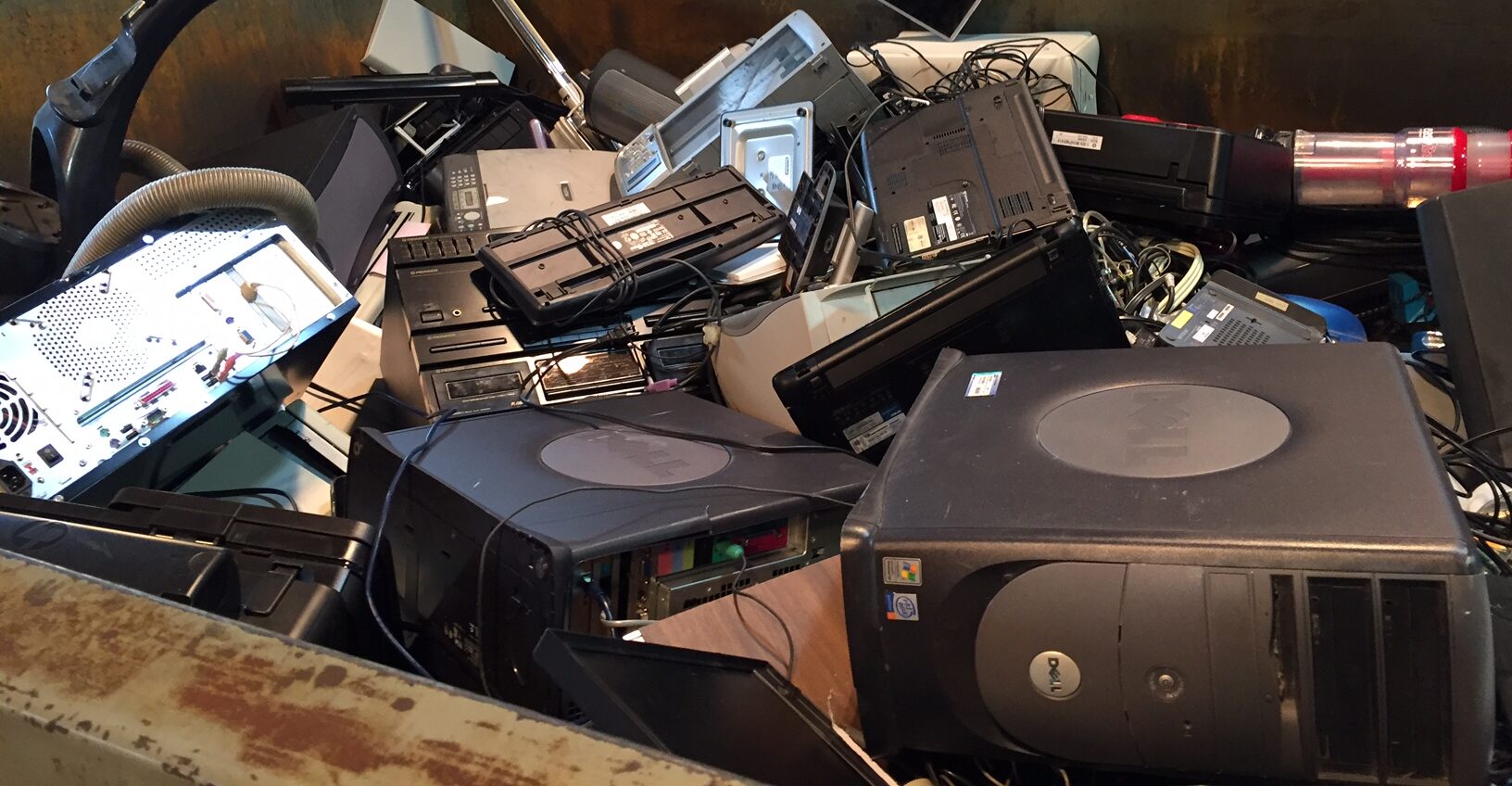
By Melanie Stewart
We had another fun Earth Week this year, even if the weather didn’t completely cooperate. We put a new spin on some old favorites, offering a variety of different activities, as well as opportunities related to your work and personal life. Now that it’s all said and done, we can provide you with tally and the impact.
A special thank you to all of our awesome volunteers—without you this week would not have been possible!
Without further ado, here is Earth Week by the numbers:
- 500 LED, photo-sensing nightlights were distributed at Earth Day Omaha.
- 1,000+ people stopped by our booth to learn about the ways the Med Center is leading the way, with our new Net Zero Emissions, Waste, and Water by 2030 goals.
- 34 people entered the Re-Purpose Contest, 523 people voted, awarding prizes to 5 people.
- 232 people came to the Sustainability Expo, sampled 200 vegan cookies, and visited with the 27 different experts on hand.
- 1 rain storm prevented most people from watching the planting of 1 maple tree, but it did not stop the 3 intrepid souls from Grounds who made sure it was done right.
- 120 Elderberry trees and 100 packets of pollinator friendly wildflower seeds, containing 18 different plant types went to new homes.
- 264 people dropped off items at the recycling event
- 309 pounds of VHS tapes, DVDs, CDs, and floppy disks
- 3,820 pounds of electronics
- 4,600 pounds of TVs and computer monitors
- 5,749 pounds of paper for shredding
- 14,478 pounds (that’s 7.2 tons or 3.5 average US cars!) diverted from the landfill. That impact?*
- 15 trees saved
- 151 gallons of oil not used
- 340,040 hours of electricity saved
- 4,603 gallons of water
- 47 eyeglasses donated to the TEI clinic; ~4500 pop tabs to Ronald McDonald House
- 122 hours by campus volunteers over 6 days of activities
- Numerous pictures and videos taken, available on our Facebook page.
Great job and thanks again to all of our volunteers, the creative people who entered our Re-Purpose It contest and are already inspiring new projects, all who participated, and those of you looking for new, better, and healthier ways to live at home and at work. If you have any additional comments, suggestions, or changes for next year please email us.
*Estimated impact; actual totals may vary slightly depending the exact mix of electronics turned in.
Let’s Get the Med Center on the Move

Would you like to save money? Are you looking for ways to fit more exercise in your day? Would you like to reduce pollution and traffic congestion in Omaha? Have more fun?
Then let’s get the Med Center on the Move!
Med Center on the Move is a campaign this spring to encourage Med Center employees to try taking an active mode of transportation for one of their commutes each week.
That’s it, just one trip per week! You pick the day and the mode that works for you.
Whether it’s walking, taking the bus, biking, carpooling or a combination of modes, active transportation helps keep you healthier AND cuts down on greenhouse gas emissions. This campaign aligns with the City of Omaha’s Midtown on the Move, an active transportation campaign for all of Midtown.
Between April 17th and June 30th, sign up for TravelSmart* and have a chance to win a free bike tune-up at Ponderosa Cycles, a gym/travel bag, a Camelbak water bottle, a walk/bike safety light, a drawstring backpack, or a hot/cold beverage tumbler!
If you’re already a TravelSmartie, refer a coworker for a chance to win a 20-minute massage from the Wellness Center, a walk/bike safety light, or a zippered padfolio!
*We encourage any employee or student to use active transportation. However, please note that only employees and students at the 42nd and Dewey campus are currently eligible for TravelSmart.
Did you know? TravelSmart offers….
- FREE parking for carpoolers (in your same lot!)
- FREE bus passes
- FREE indoor bike parking, shower, and locker access for cyclists and walkers
- FREE emergency ride home if needed
- FREE carpool matchingif you need help finding a carpool partner, and
- Convenient $3 daily-rate flexible parking.
Please note that you do NOT have to give up your current parking permit, nor do you need to use active transportation every day to participate in TravelSmart or see the financial benefits.
Did you know?
- Moms and dads with kids to drop off and pick up use TravelSmart
- Students and colleagues with inconsistent schedules use TravelSmart
- Business professionals use TravelSmart
… and so can YOU!
If you are interested in active commuting but don’t think it will work for you, contact me. I will be happy to help you with trip planning.
